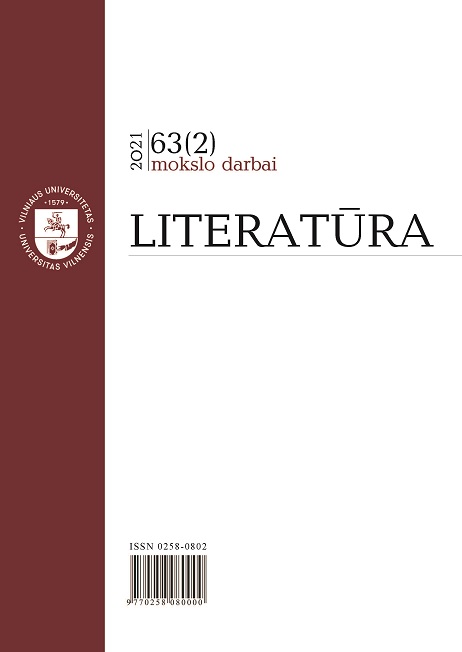The Meaning of Memory in Bunin and Hippius
The Meaning of Memory in Bunin and Hippius
Author(s): Svetozar PoštićSubject(s): Cultural history, Ethnohistory, French Literature, Russian Literature, Theory of Literature
Published by: Vilniaus Universiteto Leidykla
Keywords: memory; recollection; Ivan Bunin; Zinaida Hippius; revolution; Russian religious mind;
Summary/Abstract: This paper illustrates the meaning of memory by the fate and change in spiritual orientation of Ivan Bunin and Zinaida Hippius, two prominent literary figures of the late tsarist Russia and interbellum émigré Paris. Most importantly, it examines the post-revolutionary transformation of values and reconciliation with external circumstances and internal afflictions of these two writers. The significance of memory becomes prominent in Bunin after his realization of the tragic and frightening consequences of the revolution, which results in his turn to the past as the source of tranquility and comfort. Hippius’s diaries and poetry, especially after her husband’s death, also show her turn toward eternal values and away from the hitherto paramount terrestrial, fleeting aspirations. The oeuvres of both writers are placed in the context of pre-revolutionary orientation towards the past that is contrary to the modernist shift to the future, which announced and precipitated the Russian Revolution of 1917.
Journal: Literatūra
- Issue Year: 63/2021
- Issue No: 2
- Page Range: 41-53
- Page Count: 13
- Language: English

